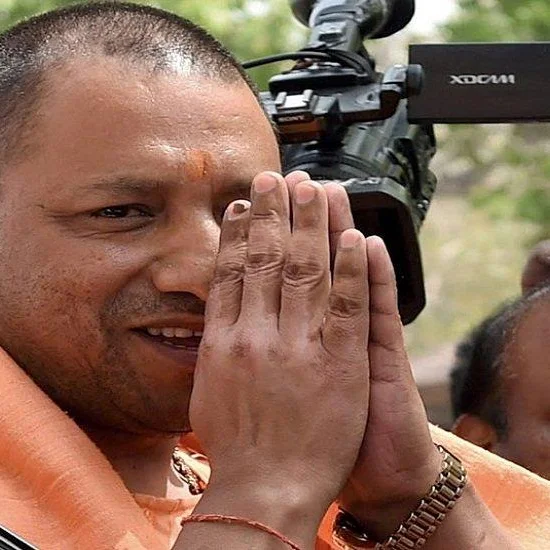Uttar Pradesh Chief Minister Yogi Adityanath recently reiterated his belief that Sanatana Dharma is India’s national religion. During an interview on NDTV, he clarified his stance, noting that he had previously made the same statement. This discussion took place as part of a special program called Maha Kumbh Samvaad, focusing on various aspects of Indian culture and spirituality.
Adityanath further explained that although people may worship in different ways, they share a single core religion: Sanatana Dharma. He described it as a broad and inclusive concept, referring to it as “the religion of humanity.” In his view, Sanatana Dharma encompasses many different spiritual traditions and beliefs, making it a very wide-ranging faith. This suggests a perspective that sees the religion as uniting diverse practices under one umbrella.
However, the Chief Minister’s comments have initiated discussions about the term “national religion” and its implications in India. India is a country known for its diverse religious population, with people practicing many different faiths. Therefore, his statements have raised questions about how such a claim fits into India’s complex social fabric.
These remarks have prompted varied reactions throughout the country. Some individuals see Adityanath’s statements as a validation of traditional cultural values. On the other hand, others view them with some concern, considering India’s diverse religious landscape and the potential ramifications of declaring one religion as national. The meaning of Sanatana Dharma and its place in modern India continues to be a point of significant debate.
Ultimately, Adityanath emphasized his position by stating, “Sanatan Dharma is the national religion of India. It is the religion of humanity.” This statement reinforces his view of Sanatana Dharma as a unifying force that encompasses the essence of human spirituality. His comments continue to fuel important conversations across the country about religion and national identity.
